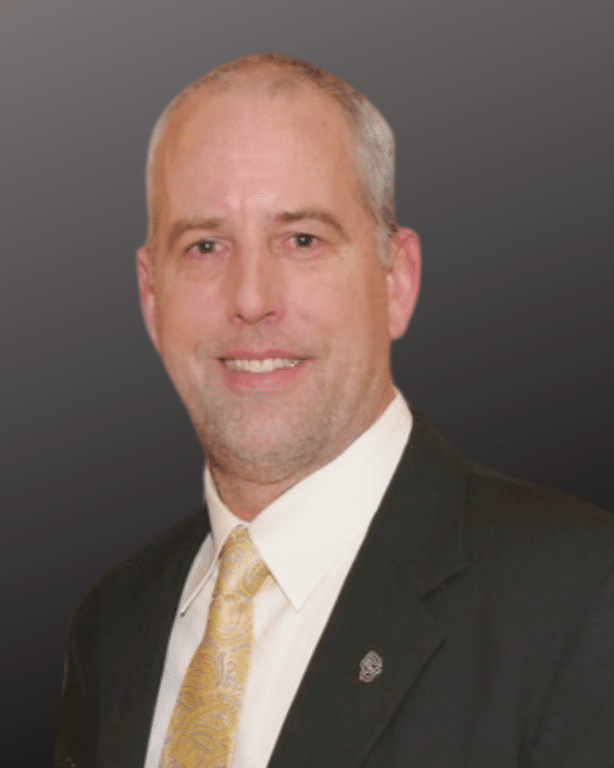Focus Area
Remote Sensing, Earth, & Space Sciences
Vehicle Systems
Astrodynamics & Satellite Navigation
Education
Ph.D., Electrical Engineering, University of Colorado, 1994
M.S., Electrical Engineering, University of Colorado, 1990
B.S., Electrical and Computer Engineering, Clarkson University, 1987
Professional Experience
2013 – Present, Professor, Aerospace Engineering Sciences, University of Colorado
2014 – 2017, Associate Dean for Research, College of Engineering and Applied Science, University of Colorado
2011 – 2014, Associate Chair for Undergraduate Affairs, Aerospace Engineering Sciences, University of Colorado
2008 – 2013, Associate Professor, Aerospace Engineering Sciences, University of Colorado
2001 – 2008, Assistant Professor, Aerospace Engineering Sciences, University of Colorado
1995 – 1997, Postdoctoral Researcher, National Center for Atmospheric Research, High Altitude Observatory
Awards (selected)
Distinguished Engineering Alumni Award, College of Engineering and Applied Science (2019)
Distinguished Performance, Department of Aerospace Engineering Sciences (2016)
Victor Charles Schelke Endowed Professor (2014)
Outstanding Service, Department of Aerospace Engineering Sciences (2014)
University of Colorado Emerging Leaders Program Fellow (2012)
Erskine Fellowship, University of Canterbury (2009)
NASA Group Achievement Award – TIMED mission (2008)
Dean’s Award for Outstanding Junior Faculty, University of Colorado (2007)
AIAA Rocky Mountain Section Educator of the Year (2007)
College of Engineering & Applied Science Dean’s Award for Outstanding Junior Faculty (2007)
NSF CAREER Award (2005)
Dean’s Teaching Excellence Award (2005)
Sigma Xi Northwest Regional Young Investigator (2004 & 2005)
Research Interests
Design, construction, deployment and operation of small satellite systems. Remote sensing of the thermosphere and ionosphere. Meteor radar design and operation. Arctic and Antarctic UAS measurement systems.





